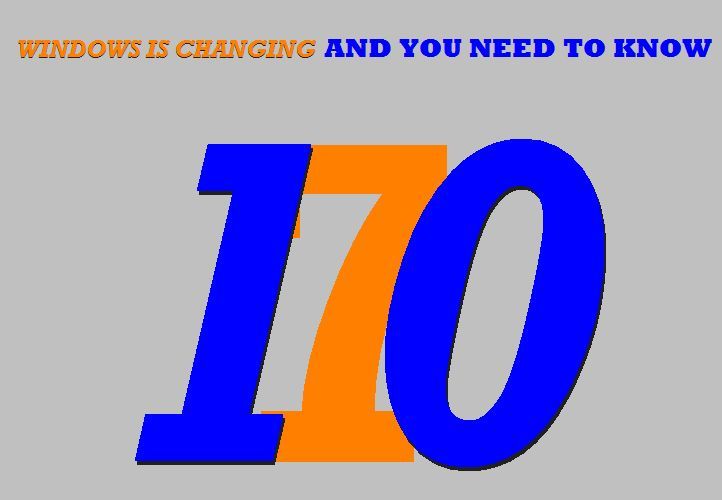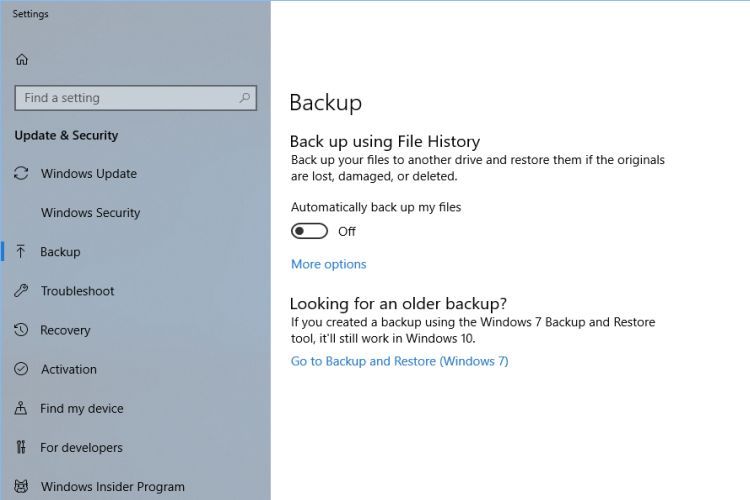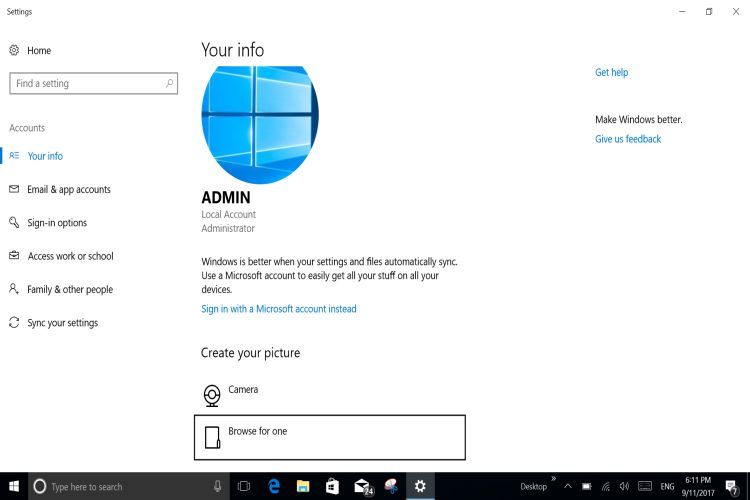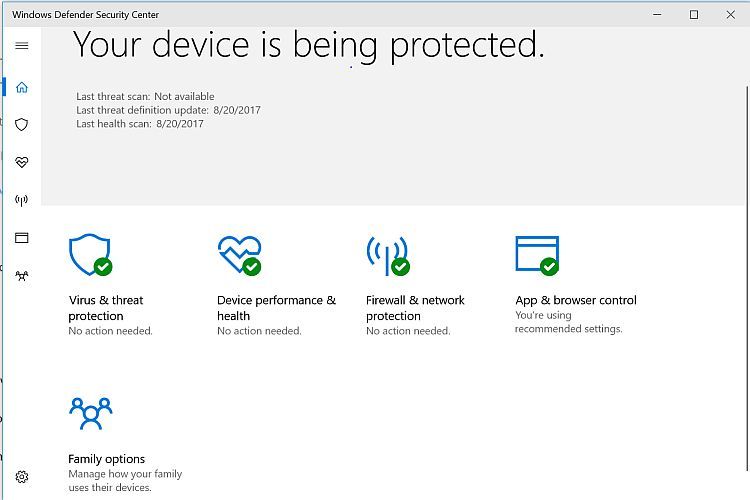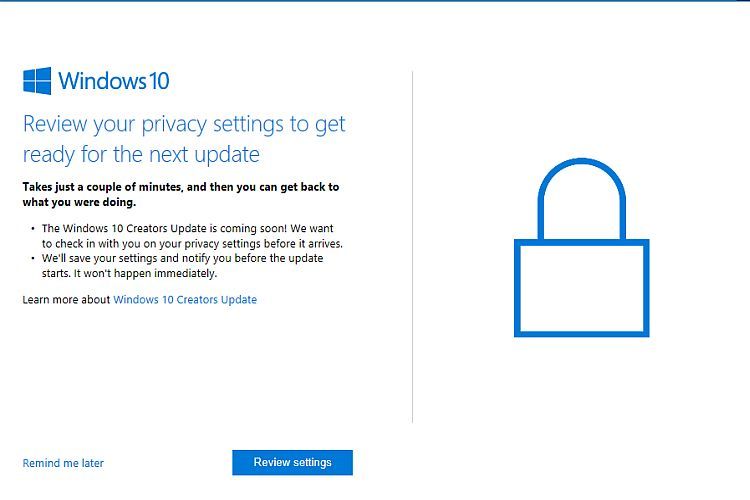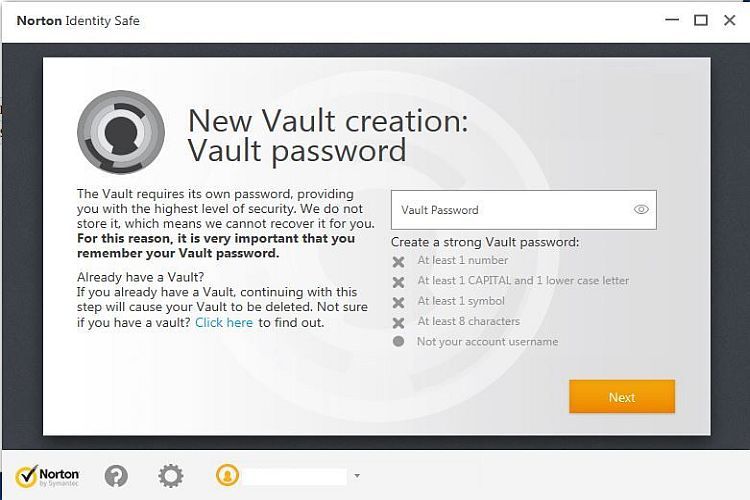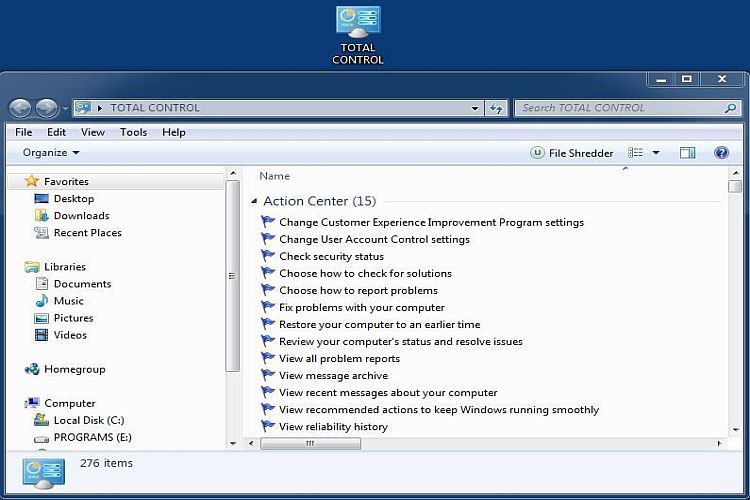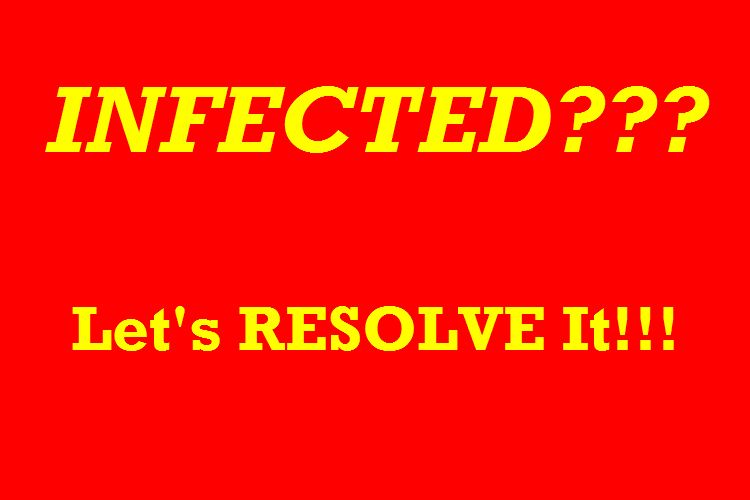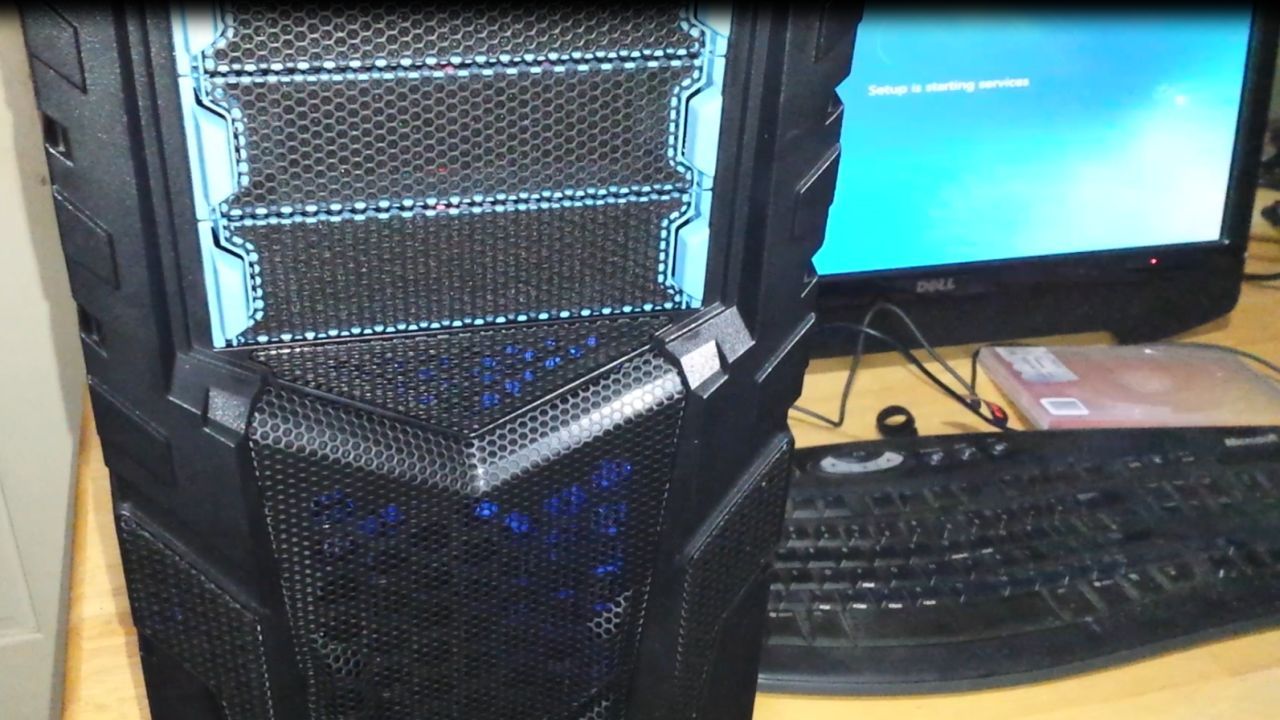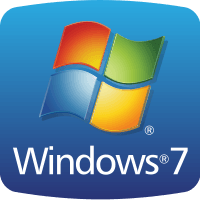Windows 7 is Here to Stay
Windows 7 won't go away quite as soon as a Microsoft OS "normally would" after the next OS release (in this case the Windows 8 release). Windows XP was released December 31, 2001 and it was essentially five years before Windows Vista was released on January 30, 2007. Windows 7 was released on October 22, 2009, meaning less than three years between new versions of Microsoft operating systems being released. The end of sales for Windows Vista was exactly one year after the end of sales for Windows XP, however the end of sales for Windows 7 has an end of sales date "to be determined" which is likely to have nothing to do with Windows Vista. It is far more likely that this has to do with the marketing strength of Windows 8.
The computer industry is ever-evolving and therefore it follows that the operating systems people use to run their computers are also ever-evolving. The demand for something new is out there in force as is demonstrated by the success of Chrome and the expansion of touchscreen use. It is likely that these factors brought about the release of Windows 8 by Microsoft in October of 2012 to keep up with advances by operating system competitors and the need for fully compatible touchscreen capability. Windows 7 did have a level of touchscreen capability but the technology advanced in such a short time span that Microsoft deemed it necessary to make some fairly drastic advancements in their operating system capability. But were they ready for it? Windows 8 became Windows 8.1 within a year, was rumored to be potentially named Windows Blue, included a preview (a first for what's called "an update") and has given people some problems when updating from Windows 8 to Windows 8.1. This includes yours truly.
Given all of the above, perhaps it makes sense to allow continued sales of Windows 7 by Microsoft even if from only a practical standpoint. It sold well and still can even if it doesn't have the advanced attributes of Windows 8. Many people require a desktop or tower as opposed to a tablet or ultrabook and something they are accustomed to. In many cases the answer is a Windows 7 PC. If that is the case then it only makes sense for Microsoft to sell their operating system in both Windows 7 machines and Windows 8 machines (actually, Windows 8.1 machines) concurrently because it is likely that this strategy will work better from a marketing standpoint than either one alone.
If you still want to buy a Windows 7 PC you can; in fact, it used to be for instance that Dell would recommend Windows 7 or whatever the newest operating system was. Now, Dell recommends "Windows" basically indicating that Dell will sell you which ever you prefer Windows 7 or Windows 8 (.1). There is a lot of marketing that has gone into Windows 8 in the general consumer market but it's not hard to get a Windows 7 machine and it will be that way at least until "a time yet to be determined" by Microsoft. So if you'd rather stick with something like Windows 7 as opposed to getting Windows 8.1 you can and it should be so for a while to come. This does not mean that Windows 8 or 8.1 is a bad thing, but it does take some getting used to which is why Windows 7 is here to stay for a while…
See Microsoft's Windows product lifecycle page if you'd like.

